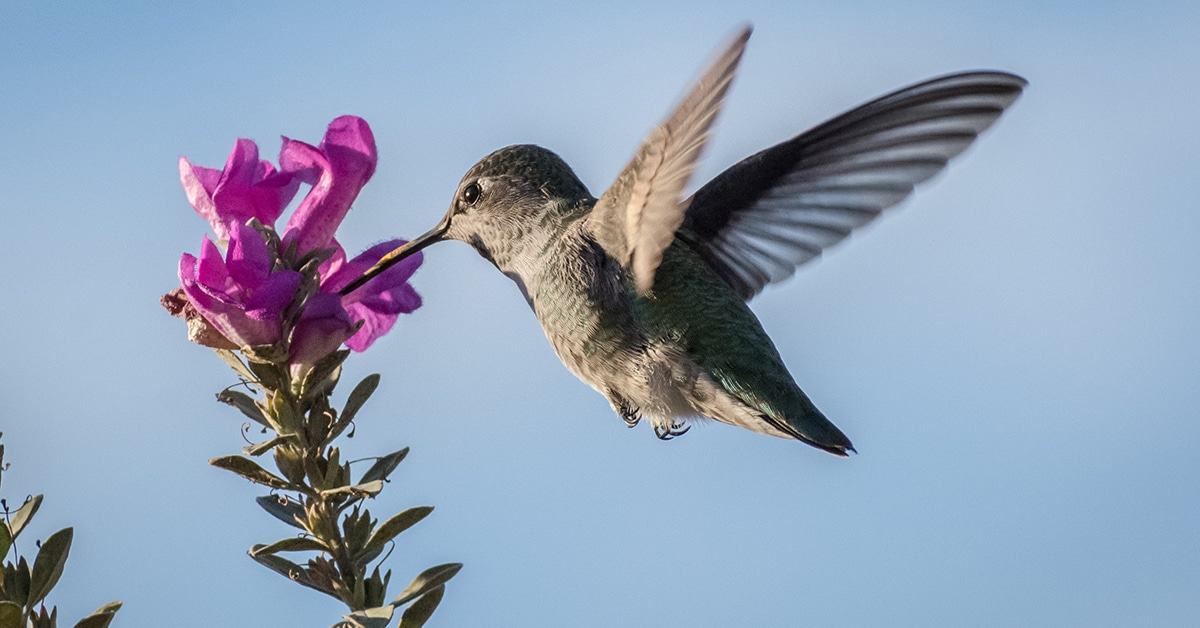Who doesn’t want more birds and butterflies in their yard? It’s actually easy to do by planting native plants. And it turns out that we can boost our efforts by planting super-natives that provide food for hundreds of moth and butterfly species.
How to Get Started Planting Super Natives
Based on work by Douglas Tallamy and others, the Missouri Prairie Foundation has compiled a list of the top woody and perennial plants for feeding moths and butterfly species. Moths and butterflies spend their early development in caterpillar form, and birds need those caterpillars to feed their young. In contrast, all our imported (non-native) garden plants don’t feed the moths and butterflies, so they offer no food for baby birds.
Do you have room to add a big tree to your yard? Make it an oak, and you can support 557 different butterflies and moths. Add some Goldenrod (not an allergen, that’s Ragweed), Aster, and the perennial Sunflower to your yard this year. Those three species alone support a total of 300 types of butterflies and moths.
The Audubon Foundation has taken this data and incorporated it into a wonderful database. Here you can put in your zip code, and search for the best natives to support insect and bird populations. The National Wildlife Federation has a similar database. Another great local resource is the GrowNative website hosted by the Missouri Prairie Foundation. The site includes a guide for where to buy natives in our area, along with garden services specializing in natives.
In his new book entitled Nature’s Best Hope, Tallamy introduces an inspiring vision for creating a “Homegrown National Park” system – backyards that become conservation corridors to support local wildlife as well as migrating bird populations. Adding back native plants to our yards is an easy way for us to significantly make a difference for our bird and butterfly populations. If you’re looking for a way to make a difference this Earth Day (and every day beyond), add some super-natives to your garden.
Check out our article on helping bees to see what you can do to further increase your support!




